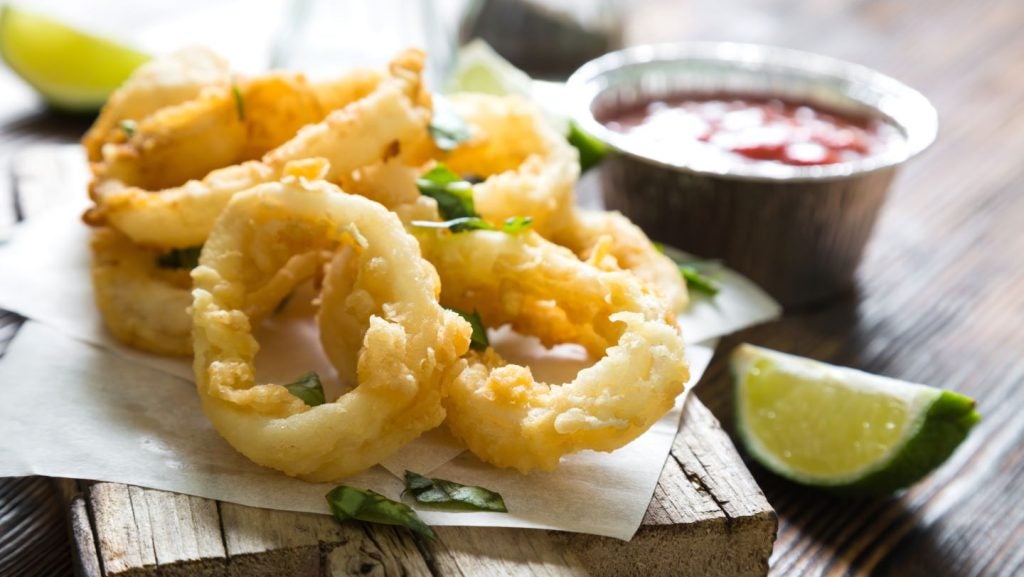A Spanish seafood trade association has joined forces with four consumer bodies to target plant-based seafood labelling, which they argue confuses consumers.
Conxemar, the Spanish association of wholesalers, importers, exporters and manufacturers of fish and aquaculture products, has been joined in its efforts by the ConsumES Confederation, the Union of Consumers of Galicia, the Union of Consumers of Euskadi and the Union of Consumers of Cantabria.
The groups are calling on Spain’s Ministry of Consumer Affairs to review and immediately withdraw plant-based seafood products that use fish names on their labels.
The seafood association said “a consensus has been reached” among the groups to join the project that integrates twenty organisations, with an aim to clarify plant-based seafood labelling.
Conxemar said: “We consider that these products do not comply with the obligation to convey clear information to the consumer and are likely to confuse them in relation to the food itself, its ingredients and properties.”
Vice president of ConsumES Miguel López Crespo added: “We are also concerned about the damage that this type of products can cause to our seafood and aquaculture products, but the consensus… has been obtained on the basis of poor consumer information and the need for regulation of the labelling of vegan and vegetarian foods.”
ConsumES also sent the proposal to SAFE Food Advocacy Europe, the European consumer association, with the intention of carrying out a “higher-level consultation” to find out the opinion of the rest of the European countries on this issue.
However, The Good Food Institute, the US non-profit that advocates for plant-based alternatives to meat, dairy and eggs, criticised the suggestion labels should be changed.
Carlos Campillos Martínez, Spain public affairs manager at international nonprofit the Good Food Institute, said: “Plant-based foods, using familiar terms such as ’hamburger’, ’sausage’ and ’fillet’ make it easier for consumers to make informed choices in terms of taste, texture and preparation. Banning these terms would create confusion and hinder access to healthier and more sustainable options, despite the fact that most consumers support their use.
“People do not buy plant-based meat and seafood by mistake. The Spanish market for plant-based products is the fourth largest in Europe, with sales set to reach €447.4m ($480.9m) between 2020 and 2022. Demand is growing because people recognise their environmental and health benefits. For the same reason, policymakers should focus on supporting plant-based meat instead of imposing unnecessary labelling restrictions that will hurt Spanish companies.”
Last November, Conxemar said that 54% of consumers surveyed said that they have difficulties differentiating plant-based processed products of any protein, on the supermarket shelf, from other foods.
In April, Spanish seafood major Angulas Aguinaga entered seafood alternatives through a collaborative launch of a konjac-based calamari with start-up Vrave.









